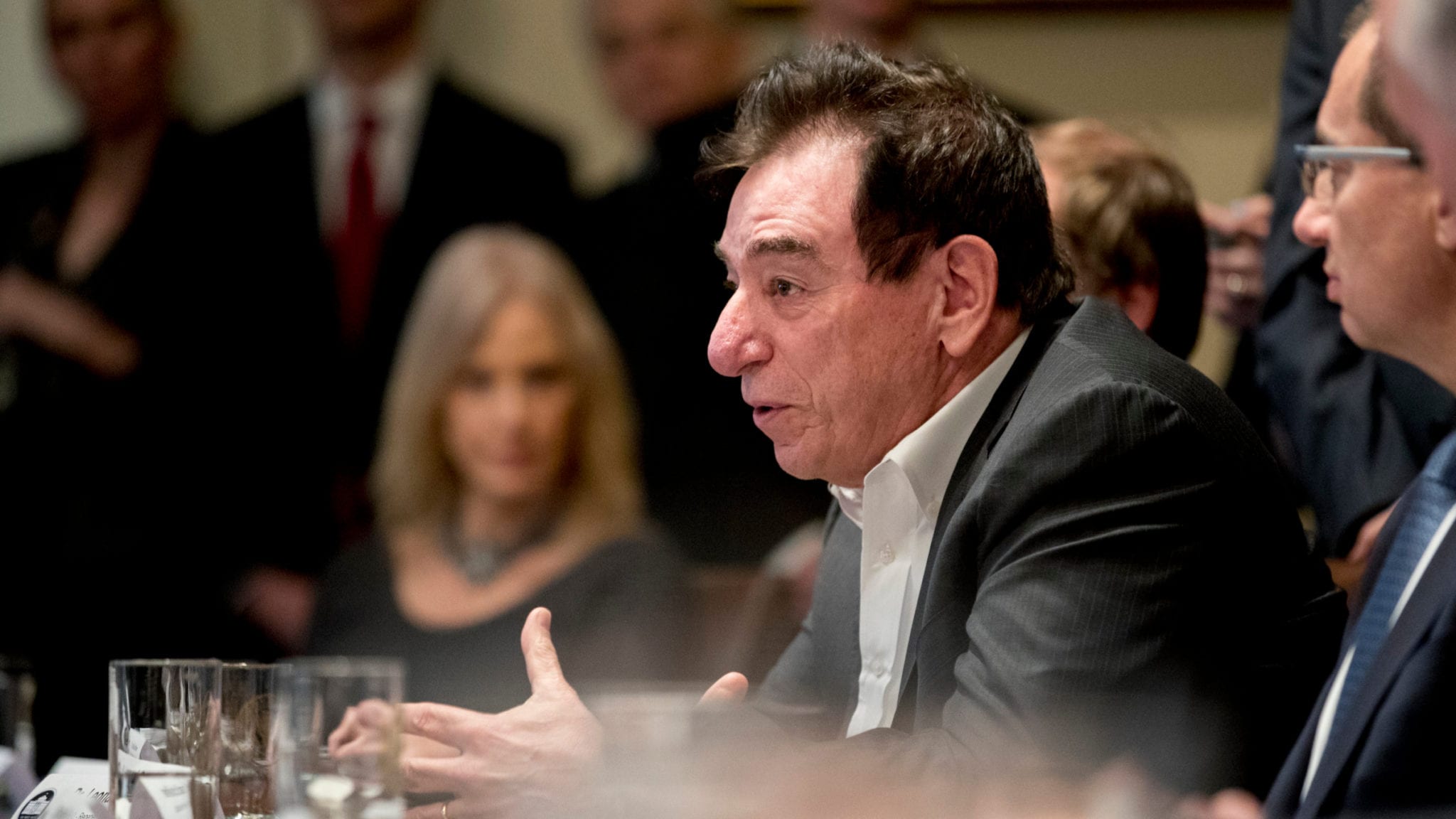
What happens when the N-of-1 is the president of the US? Regeneron is about to find out
President Trump is taking a very personal interest in another experimental drug for Covid-19.
Friday afternoon, after he had tested positive for coronavirus, the White House put out a statement saying that Trump had taken an 8 gram dose of Regeneron’s antibody cocktail — the high dose that appeared to do better than the low dose in terms of batting down viral loads.
Right after word arrived that Trump had taken the experimental therapy, he was transferred to Walter Reed — news that immediately heightened fears about his condition. The Washington Post noted that Trump and his team decided to make the move while he could still walk.
Unlock this article instantly by becoming a free subscriber.
You’ll get access to free articles each month, plus you can customize what newsletters get delivered to your inbox each week, including breaking news.